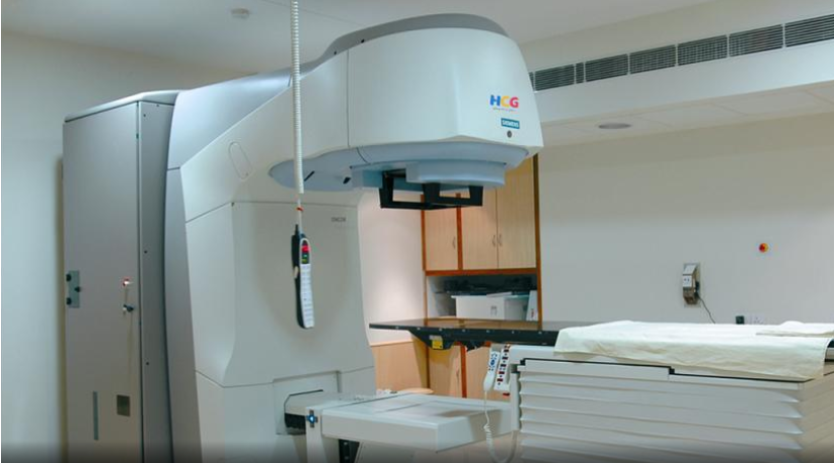Uganda has commenced payment of the 325 million US Dollars (1.23 trillion Shillings) compensation to the Democratic Republic of Congo, beating the deadline set by the International Court of Justice.
The compensation arises from the petition filed by the DRC more than 20 years ago accusing Uganda’s armed forces of destroying properties, lives and natural resources when it invaded the country in 1998.
Uganda first went into the DRC to support rebel groups fighting against the government of President Joseph Désiré Mobutu Sese Seko in 1996, claiming that Congolese armed groups allied to his government were a threat to Uganda’s security. But after Mobutu’s overthrow, by Laurent-Désiré Kabila, the new leader found himself in conflict with his former allies; Uganda and Rwanda, whom he accused of supporting a planned coup. He expelled all foreign forces, that by now included Burundi.
But Uganda and Rwanda also fell apart when they again invaded the country in support of a new rebel group, the Congolese Rally for Democracy (RCD), with Uganda supporting a breakaway rebel faction led by Felix Étienne Tshisekedi. By now, the rebels were controlling the country’s second-largest city, Kisangani, where Rwanda and Ugandan forces clashed twice.
In April 2001, a UN panel of experts investigated the illegal exploitation of diamonds, cobalt, coltan, gold and other lucrative resources in DR Congo. The report accused Rwanda, Uganda and Zimbabwe of systematically exploiting Congolese resources and recommended the Security Council impose sanctions.
In 2005 the ICJ ruled Uganda had to pay compensation for invading DRC in the war that left hundreds of thousands of people dead and millions displaced. Back then, the judges found that Uganda was responsible for the deaths of 10-15,000 people in the eastern Ituri region and that Ugandan troops had looted gold, diamonds and timber from the DRC.
Based on the judgement, Uganda was ordered Uganda to pay 11 billion US Dollars but the two sides could not reach an agreement. In 2015 the DRC took the case back to the ICJ for a final decision on the amount of compensation and Uganda was ordered to pay the USD 325 million in five annual instalments of USD 65 million (246 billion Shillings), starting this September.
The payment covers 225 million US Dollars for damages to persons, 40 million US Dollars for damages to property and 60 million Dollars for the looted resources. The Court noted that the reparation awarded to the DRC for damage to persons and property reflects the harm suffered by individuals and communities as a result of Uganda’s breach of its international obligations.
Although this is far less than the 11 billion US Dollars that DRC had asked for, Uganda insists that it was awarded unfairly, denying the damage that the petitioner claimed, and questioning why the other parties were not charged. The ministry said in a statement that Kinshasa did not bring any evidence of even a single specific injury suffered as a result of any actions of Uganda.
“It is, therefore, deeply unclear why the ICJ decided to depart from the requirement it previously imposed on the DRC, let alone how it arrived at the figure of US$325 million,” says the ministry, which also disputes and rejects the findings of wrongdoing by the UPDF, “widely known as one of the most disciplined forces in the world”.
However, Patrick Muyaya, the government spokesperson in the DRC has now confirmed that the Ugandan government has paid 65 million US Dollars as the first instalment for the reparations awarded by the court.
The payment comes at a time when the government is facing challenges in meeting its financial obligations, including paying salaries, executive government projects and paying the debt. Many program budgets have been cut by the Ministry of finance, including released to the highly touted Parish Development Model, while Ministries, Departments and Agencies only have funds set aside for half of their due releases.
–URN





